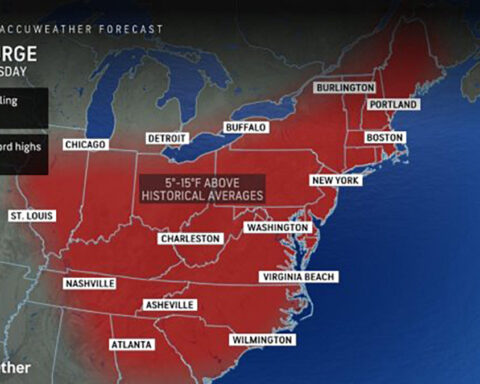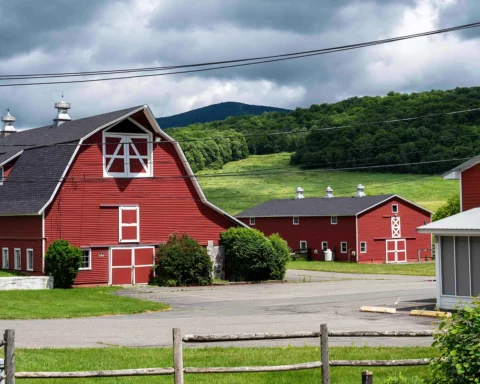by Kathryn Carley, Commonwealth News Service
Introduced federal legislation aims to counter the growing threat of election disinformation as social media platforms scale back efforts to control it.
Backers of the “Freedom to Vote Act” say it would prohibit false statements about federal elections designed to prevent people from voting, including from the candidates themselves.
Emma Steiner, information accountability project manager with the non-partisan group Common Cause, said disinformation can often be hard to spot.
“A lot of times people fall for disinformation,” said Steiner, “because it seems to confirm something they already believe and that’s where people get tripped up.”
Steiner recommended that people always refer to official sources for voting information – including Secretary of States’ offices or local election boards.
She said disinformation often increases after an election… before the final votes are even tallied.
Recent employee layoffs at tech companies have drastically reduced efforts to stop the spread of election disinformation while social media platforms have stopped labeling or removing posts making false claims about the 2020 election.
Steiner said that leaves too many social media users vulnerable.
“Disinformation spreaders and disinformation campaigns tend to target marginalized populations and people who live in information voids,” said Steiner, “meaning they don’t have the resources or capacity to find reliable information.”
Steiner said while Facebook – for example – has made some effort to fight disinformation by launching its Voting and Election Center, tech companies still have a responsibility to ensure information being shared on their platforms is accurate.
Support for this reporting was provided by the Carnegie Corporation of New York.









